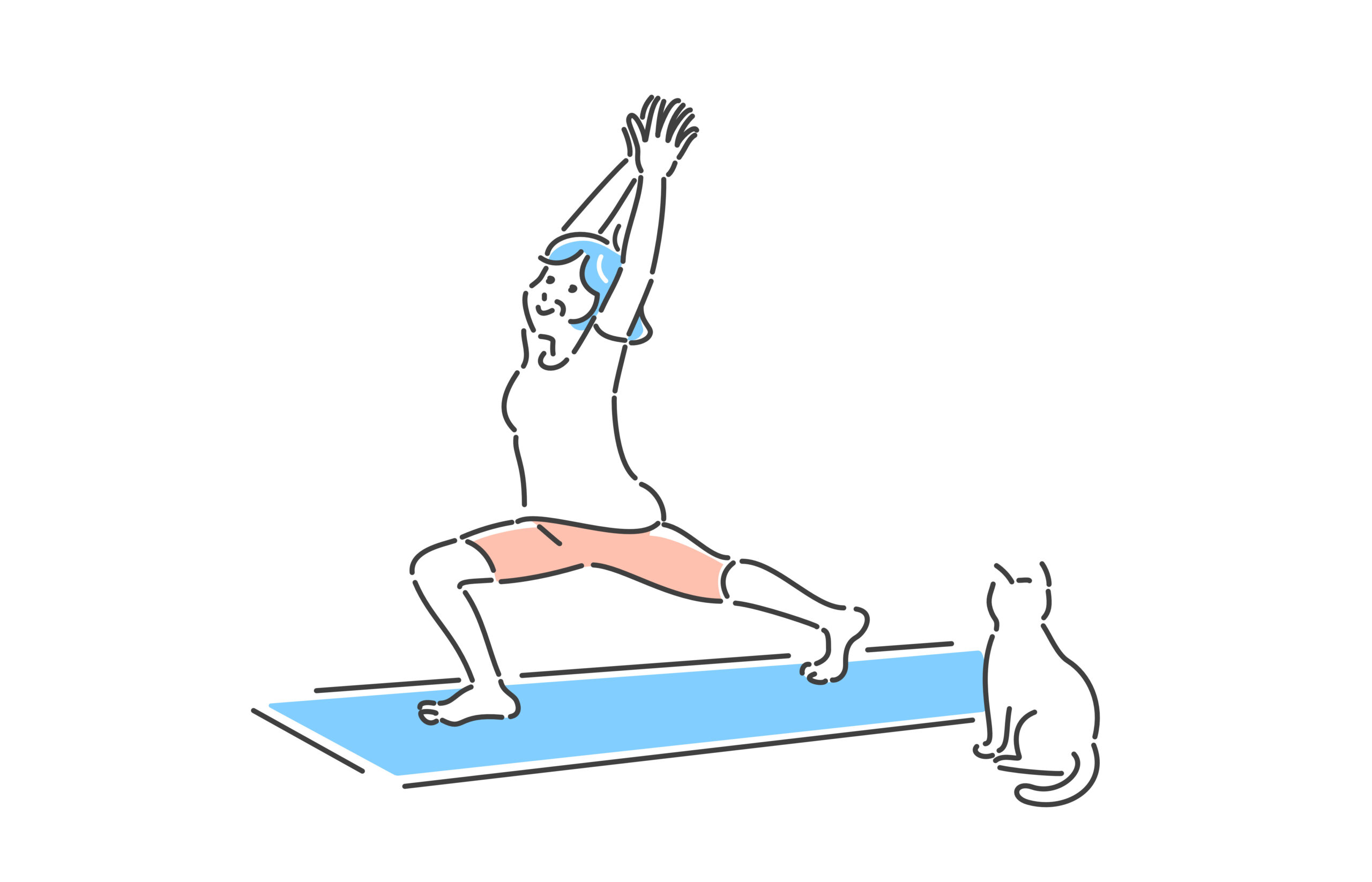Caregiver's Guide to Senior Mental Health
As our population ages, the importance of maintaining senior mental health becomes increasingly evident. Caregivers play a pivotal role in ensuring the well-being of the elderly. This comprehensive guide explores various ways caregivers can support the mental health of seniors, offering practical strategies and additional resources.
Social Connections to Senior Mental Health


Social connections are a cornerstone of senior mental health, especially for older adults who may face increased isolation. Caregivers can address this by:
Facilitating Social Interactions
Encouraging seniors to engage in regular social activities is crucial. Organize family gatherings, outings with friends, or participation in community events. These activities not only provide opportunities for social interaction but also create a sense of belonging and purpose. Loneliness is a significant risk factor for mental health decline in seniors, and fostering connections with loved ones and the community can act as a powerful antidote.
Moreover, caregivers should be mindful of the individual preferences and comfort levels of seniors. Some may prefer smaller, intimate gatherings, while others may enjoy larger social events. Flexibility is key, and caregivers can work with seniors to find the right balance that promotes social engagement without overwhelming them. By creating an environment where social interactions are valued and facilitated, caregivers contribute significantly to the emotional well-being of seniors.
Creating Community Ties
Exploring local resources, such as senior centers, clubs, or group activities, that align with the senior’s interests is a proactive way to combat social isolation. Active involvement in community life helps build a support network, fostering friendships and combating loneliness. Caregivers can take the initiative to research and identify relevant local programs or events, encouraging seniors to participate. This involvement not only provides an opportunity for social interaction but also exposes seniors to new experiences and interests, contributing to their overall well-roundedness.
Additionally, caregivers can accompany seniors to community gatherings, providing a sense of companionship and security. This shared experience not only strengthens the bond between caregiver and senior but also enhances the overall enjoyment of the activity. Whether it’s a book club, a fitness class, or a cultural event, the goal is to create opportunities for seniors to connect with like-minded individuals, share experiences, and foster a sense of community.
Providing Emotional Support
Emotional well-being is closely tied to mental health. Caregivers should actively listen to seniors, validate their feelings, and provide a safe space for expression. Establishing open communication lines helps seniors navigate the emotional aspects of aging, reducing stress and promoting mental resilience. Sometimes, seniors may be dealing with grief, loss, or a sense of purposelessness, and having someone to confide in can make a significant difference.
Moreover, caregivers can help seniors identify and communicate their emotional needs. This might involve discussing past experiences, current challenges, or future aspirations. By acknowledging and addressing emotional concerns, caregivers contribute to a supportive and compassionate environment. Encouraging seniors to express their emotions through various outlets, such as writing, art, or music, can also be therapeutic. Emotional support is an ongoing process that requires patience, empathy, and a commitment to creating a nurturing atmosphere where seniors feel heard and understood.
Promoting Physical Activity and Nutrition
Physical activity is not only beneficial for the body but also has profound effects on mental well-being. Caregivers can contribute by:
Encouraging Regular Exercise
Assist seniors in creating and maintaining a personalized exercise routine. Tailor activities to their abilities and preferences, such as walking, swimming, or seated exercises. Regular physical activity releases endorphins, improving mood and reducing the risk of depression. The benefits of exercise extend beyond the physical; it also positively impacts cognitive function and enhances overall quality of life.
Additionally, caregivers can integrate exercise into daily routines, making it more accessible and enjoyable for seniors. Simple activities like gardening, light stretching, or even dancing to favorite tunes can be both physically and mentally stimulating. Creating a positive association with exercise is essential, and caregivers can play a pivotal role in making physical activity a fun and rewarding part of the senior’s daily life.
Participating in Diverse Activities
Joining seniors in physical activities not only provides companionship but also makes exercise more enjoyable. Consider activities that align with their interests, whether it’s gardening, dancing, or nature walks. The shared experience enhances the emotional connection between the caregiver and senior. This shared time together fosters a sense of camaraderie and mutual support, making physical activity a social and enjoyable experience.
Moreover, caregivers can adapt activities to the senior’s physical abilities and preferences, ensuring that the chosen exercises are both safe and engaging. For example, water aerobics can be a gentle yet effective option for those with joint issues. By participating in these activities, caregivers not only contribute to the physical health of seniors but also strengthen the bond between caregiver and senior. The supportive and collaborative nature of shared physical activities can have lasting positive effects on mental well-being.
Ensuring Nutritional Well-Being
Proper nutrition is essential for both physical and mental health. Caregivers can contribute by planning well-balanced meals that consider any dietary restrictions or preferences. Adequate intake of vitamins and minerals supports cognitive function and helps maintain overall well-being. Nutrition plays a crucial role in preventing and managing chronic conditions that can impact mental health, such as diabetes or cardiovascular disease.
In addition to planning nutritious meals, caregivers can involve seniors in the meal preparation process. This not only promotes a sense of autonomy but also provides an opportunity for social interaction and cognitive stimulation. Exploring new recipes, experimenting with different cuisines, and making meals a pleasurable and social experience contribute to the overall well-being of seniors. Caregivers should collaborate with healthcare professionals to address specific dietary needs, ensuring that the nutritional plan aligns with the senior’s health goals and supports mental and physical vitality.
Holistic Care and Cognitive Stimulation
Maintaining cognitive function is vital for mental acuity and quality of life. Caregivers can facilitate this by:
Engaging in Mentally Stimulating Activities
Encourage seniors to participate in activities that challenge the mind, such as puzzles, crosswords, or learning a new skill. Cognitive stimulation helps preserve memory, enhance problem-solving skills, and mitigate the risk of cognitive decline. The brain, like any other muscle, benefits from regular exercise, and engaging in mentally stimulating activities contributes to its overall health and function.
Caregivers can tailor these activities to the individual preferences and abilities of seniors. For example, if a senior has a passion for literature, reading and discussing books can be a fulfilling cognitive activity. Likewise, playing strategic games or learning a new language can provide both mental stimulation and enjoyment. The key is to create a variety of stimulating experiences that challenge different cognitive functions, promoting senior mental health and overall cognitive vitality.
Staying Sharp by Fostering Healthy Routines
Establishing a daily routine provides a sense of structure and predictability. This is particularly beneficial for seniors with cognitive issues. A well-organized routine can alleviate anxiety, reduce confusion, and contribute to a positive mental state. Caregivers should work collaboratively with seniors to design a routine that aligns with their preferences and needs, incorporating daily activities that promote mental well-being.
Moreover, maintaining consistency in routine is essential, as it helps seniors feel secure and in control. Regular meal times, scheduled activities, and designated periods for relaxation contribute to a stable environment. Caregivers should be mindful of any adjustments needed due to changes in health or daily functioning, adapting the routine to best support the senior’s cognitive well-being. Additionally, incorporating memory aids, such as calendars or reminders, can further assist in maintaining routine and independence.
Addressing Sleep Issues
Quality sleep is essential for overall well-being. Caregivers can help seniors develop healthy sleep habits, such as maintaining a consistent sleep schedule, creating a relaxing bedtime routine, and addressing any sleep-related issues promptly. A good night’s sleep contributes to improved mood and cognitive function. Sleep disturbances are common among seniors and can have a significant impact on their mental health.
Caregivers should be attentive to any signs of sleep issues, such as insomnia or frequent waking during the night. Establishing a calming bedtime routine, which may include activities like reading or listening to soothing music, can signal to the brain that it’s time to wind down. Additionally, ensuring the sleep environment is comfortable, with proper lighting and temperature control, contributes to a restful night’s sleep. If sleep issues persist, caregivers should consult healthcare professionals to address underlying causes and explore appropriate interventions, such as changes in medication or lifestyle adjustments.
Conclusion
In conclusion, caregivers hold the key to maintaining the mental health and overall well-being of seniors. By focusing on building social connections, promoting physical activity, and ensuring cognitive stimulation through holistic care, caregivers can significantly enhance the quality of life for seniors in their golden years. This comprehensive approach not only addresses the physical and mental aspects of aging but also fosters a sense of purpose and fulfillment. With patience, empathy, and a commitment to creating a nurturing atmosphere, caregivers can make a profound impact on the mental health of the elderly, ensuring they age with dignity, joy, and vitality.



Leave a Reply